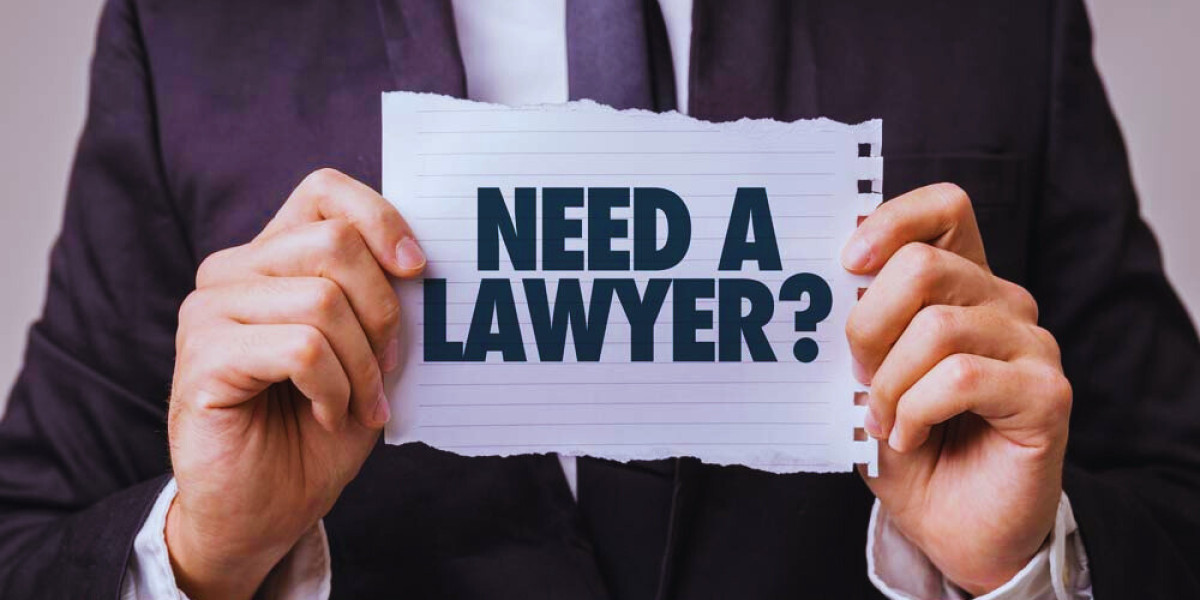A Guide to Protecting Your Rights
When individuals face harm due to the actions of a corporation or large entity, a class action lawsuit can be an effective way to seek justice. In Virginia, as well as across the U.S., class actions allow a group of people with similar legal claims to come together and pursue a single lawsuit. These cases can involve various legal issues, from consumer fraud and defective products to labor violations and environmental damage.
If you’ve been affected by a common problem or legal issue, understanding how class action lawsuits work in Virginia can help you determine if this is the right path for you.
What is a Class Action Lawsuit?
This allows multiple parties with similar legal grievances to combine their cases into a single legal proceeding, which helps streamline the process and reduces the costs associated with pursuing individual claims.
In class action lawsuit virginia can be filed in state or federal court, depending on the nature of the case and the parties involved. Class actions are commonly used in cases where individual damages might be small, but the collective harm is significant—making it more cost-effective to consolidate claims.
Types of Class Action Lawsuits in Virginia
Class action lawsuits in Virginia can arise in many different contexts.
1. Consumer Protection Class Actions
These cases typically involve claims of deceptive business practices, defective products, false advertising, or fraud. For example, if a company sells a faulty product to thousands of consumers or misrepresents the quality of a service, a class action may be filed on behalf of the affected customers.
2. Employment Class Actions
Class actions in employment law often involve wage and hour violations, workplace discrimination, or misclassification of employees. For instance, workers who were denied overtime pay or subjected to unfair working conditions may join forces in a class action lawsuit to hold the employer accountable.
3. Securities Fraud Class Actions
Securities fraud class actions typically occur when investors are misled by false or incomplete information about a company’s financial health. This could include misleading financial statements, insider trading, or other fraudulent activity that causes financial harm to a large number of investors.
How Does a Class Action Lawsuit Work in Virginia?
Class actions in Virginia follow a specific legal process. Here’s an overview of the key steps involved:
1. Filing the Lawsuit
The class representative’s claims must be typical of the claims of the entire class. For instance, if a group of consumers is harmed by a defective product, the class representative’s injury must be similar to the others’.
2. Class Certification
This is called class certification. The judge will evaluate whether:
- Numerosity: The group is large enough to make individual lawsuits impractical.
- Commonality: There are common legal or factual questions that affect all members of the class.
- Typicality: The class representative’s claims are similar to those of the rest of the class.
- Adequacy: The class representative will adequately protect the interests of the entire class.
If the court agrees that the case meets these criteria, it will certify the class, allowing the lawsuit to proceed as a class action.
3. Discovery and Evidence Gathering
Once a class is certified, the case moves into the discovery phase. This involves the exchange of evidence between the parties, including documents, testimonies, and expert opinions. Discovery can take months and may involve depositions and requests for documents from the defendant. The goal is to gather sufficient evidence to prove that the defendant is liable to the entire class.
Class actions offer several key benefits for plaintiffs in Virginia:
- Cost-Effective: By pooling resources with others in the class, individual plaintiffs don’t have to bear the full cost of litigation.
- Efficiency: Class actions streamline the legal process, consolidating multiple claims into one lawsuit and preventing duplicate lawsuits.
- Access to Justice: Class actions allow individuals who might not have the resources to pursue a solo lawsuit to have their voices heard and seek compensation.
- Fair Representation: A class action is typically led by experienced attorneys who specialize in class action litigation, ensuring strong legal representation for the entire class.
Also visit metro accident lawyer virginia
Risks and Considerations
While class actions can be beneficial, there are also risks to consider:
- Limited Control: As a class member, you will have limited control over the outcome of the case, since the class representative and the attorneys make decisions for the group.
- Settlement Offers: Some class members may feel that a settlement offer doesn’t adequately compensate them for their individual damages.
- Potential Delay: Class action lawsuits can take years to resolve, especially if the case is complex or goes to trial.
Final Thoughts
Class action lawsuits in Virginia provide a crucial mechanism for holding large corporations and entities accountable for harm caused to groups of people. Whether you're dealing with a defective product, wage theft, securities fraud, or environmental damage, a class action can offer a way to seek justice and recover damages without the need for individual lawsuits.
If you think you’ve been affected by widespread misconduct and are interested in pursuing a class action lawsuit, contact an experienced Virginia class action lawyer today to discuss your case and explore your legal options.








